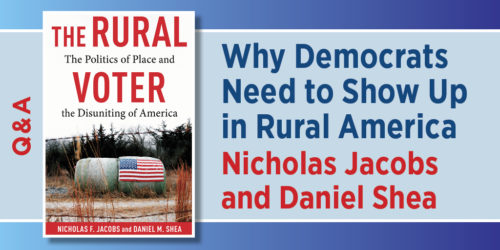Ann Florini on Global Governance
Last month Ethics and International Affairs, a publication of The Carnegie Council interviewed Ann Florini, editor of The Right to Know Transparency for an Open World, about issues relating to global governance. The Carnegie Council has now made available video and audio versions of the interview along with a transcript.
In the wide-ranging interview, Florini discusses the idea of global governance, the challenge of establishing global norms, and the successes and failures of civil society NGOs and institutions such as the U.N. and the World Bank. Despite the criticism that institutions like the U.N. receive, Florini argues that global institution and civil society groups have been essential in issues such as regulating climate change or treaties banning antipersonnel land mines.
Global governance and institutions, Florini argues, are crucial since they force attention and enable coordination on issues that national governments might not react to due to political concerns. While Florini is skeptical of organizations such as John McCain’s proposes “League of Democracies,” or Madeline Albright’s “Community of Democracies,” she sees an important, though qualified role, for the United States. Florini says:
There’s very much a leadership role for the United States. I’m hoping that the people in the Obama Administration are seeing that as well. They seem to be. They are saying that quite a bit.
The United States isn’t the overwhelmingly dominant power that it used to be, but it is still the preeminent country in the world. There tends to be a reluctance on the part of other governments to step forward and exercise leadership, partly because nobody else is in the habit of doing it.
They don’t have the mechanisms and the habits of thoughts of saying, “We are going to be the ones to set forth the way to deal with a given problem.” People tend to wait for the United States to act.
I was in some very interesting conversations in Asia in the last several months about how Asia ought to respond to the global economic crisis. In the private conversations, especially before the election and before the inauguration, it was, “We’ll wait to see what Obama does.” It was just the almost instinctive reaction.
So there is definitely a role for the United States to exercise leadership. But leadership doesn’t mean making the rules and expecting others to follow. Leadership means setting up the opportunities for negotiation, listening to what other people’s interests are, discovering where the bargains might be across issue areas, so that you get some kind of reciprocity.
You get others involved, because you are dealing with the things that they care about. That’s the kind of leadership the United States now needs to exercise.
If it’s prepared to do that, there are already all sorts of institutions, forums, organizations. The person who has just become the director of policy planning in the U.S. State Department (Anne-Marie Slaughter) is famous for her work on networks and I think is going to be looking for ways that the United States can help to develop networks, both governmental and nongovernmental.



